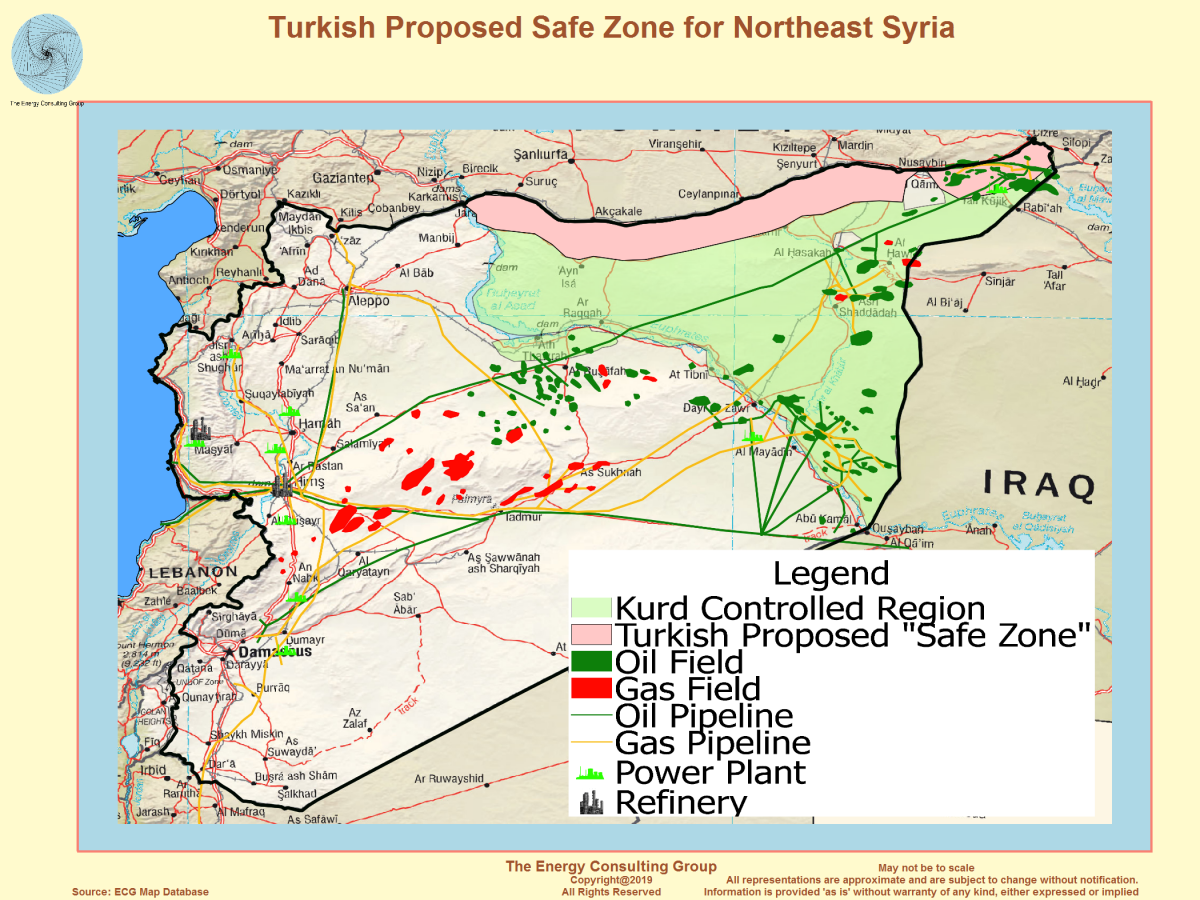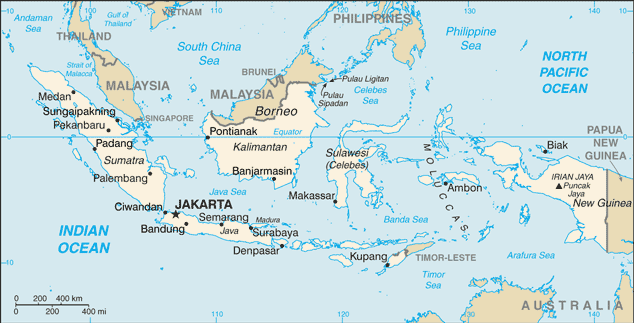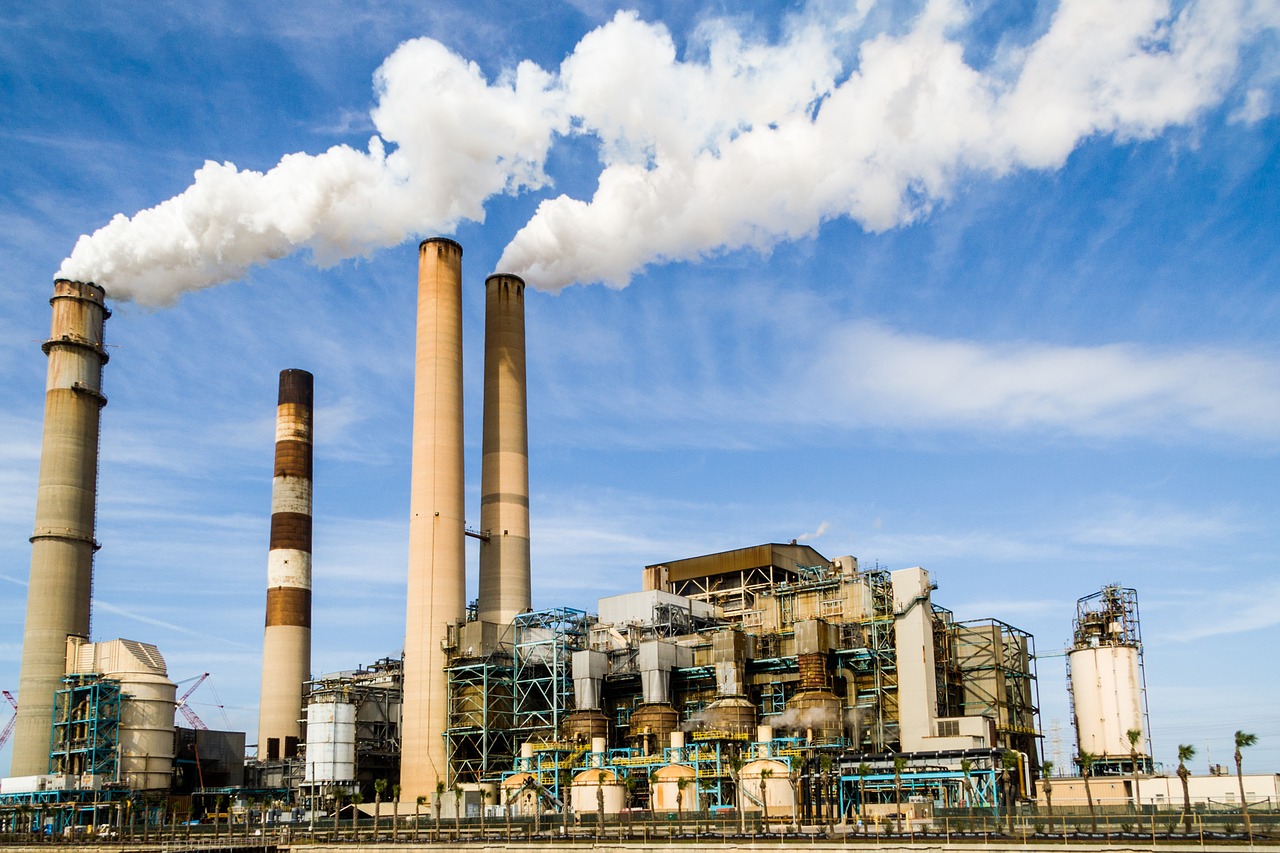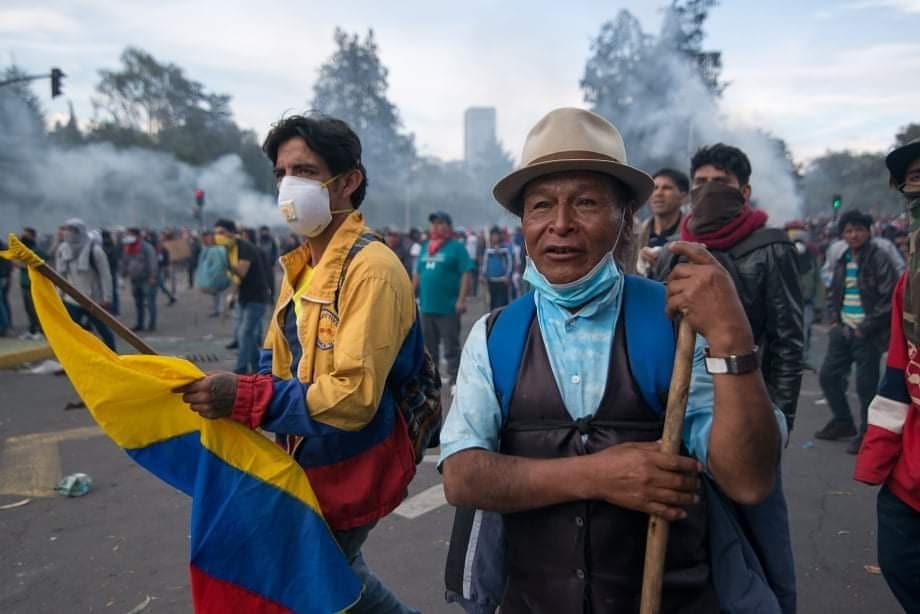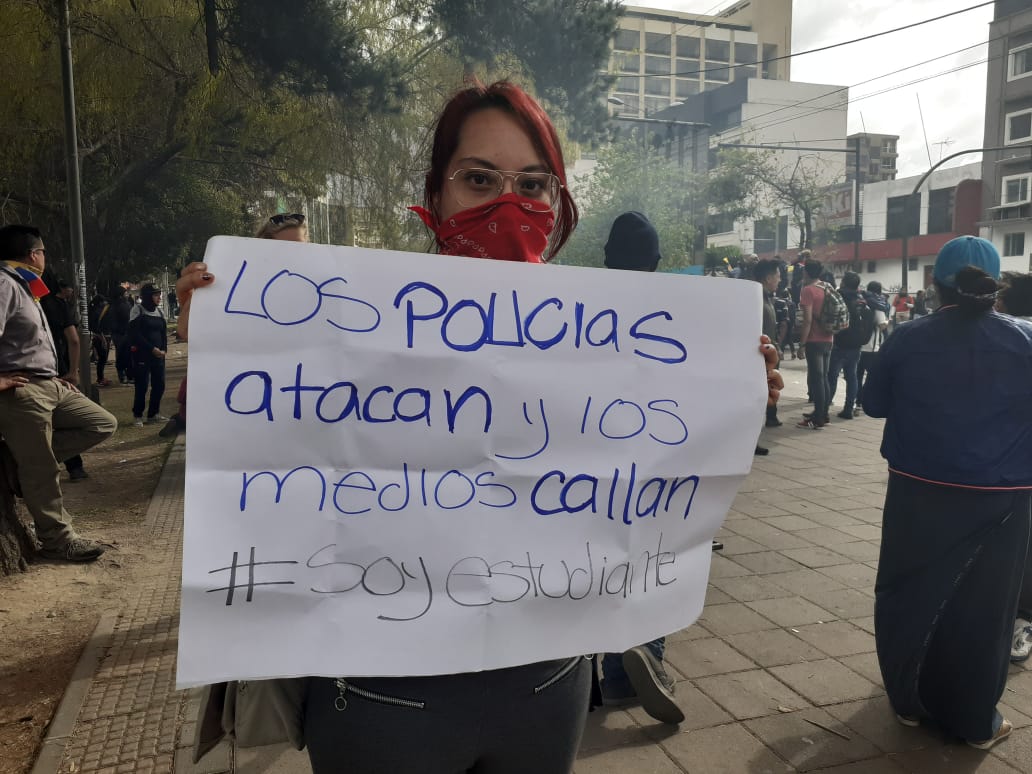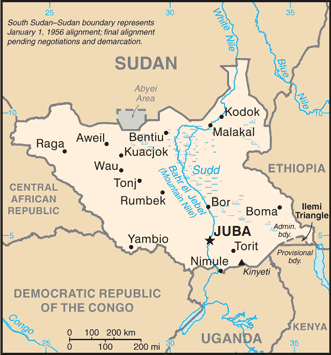
Will third peace accord hold in South Sudan?
South Sudan’s rival leaders have finally agreed to form a transitional government of national unity, officially putting an end to more than six years of war that has left millions displaced and an estimated 400,000 dead. The breakthrough came as President Salva Kiir met rebel leader Riek Machar in the capital Juba, and agreed to appoint Machar as his deputy in a new three-year coalition government—part of a power-sharing deal brokered two years ago and twice delayed. Critical to the breakthrough is Kiir’s offer to return South Sudan to 10 states—after unilaterally increasing them to 32. This is a major demand of the opposition, who charge that Kiir’s redrawing of boundaries is designed to gerrymander Dinka majorities in resource-rich areas, especially those with oil. Those same majorities could also ensure Kiir wins the national elections slated to take place in three years. (Map: Perry-Castañeda Library)



